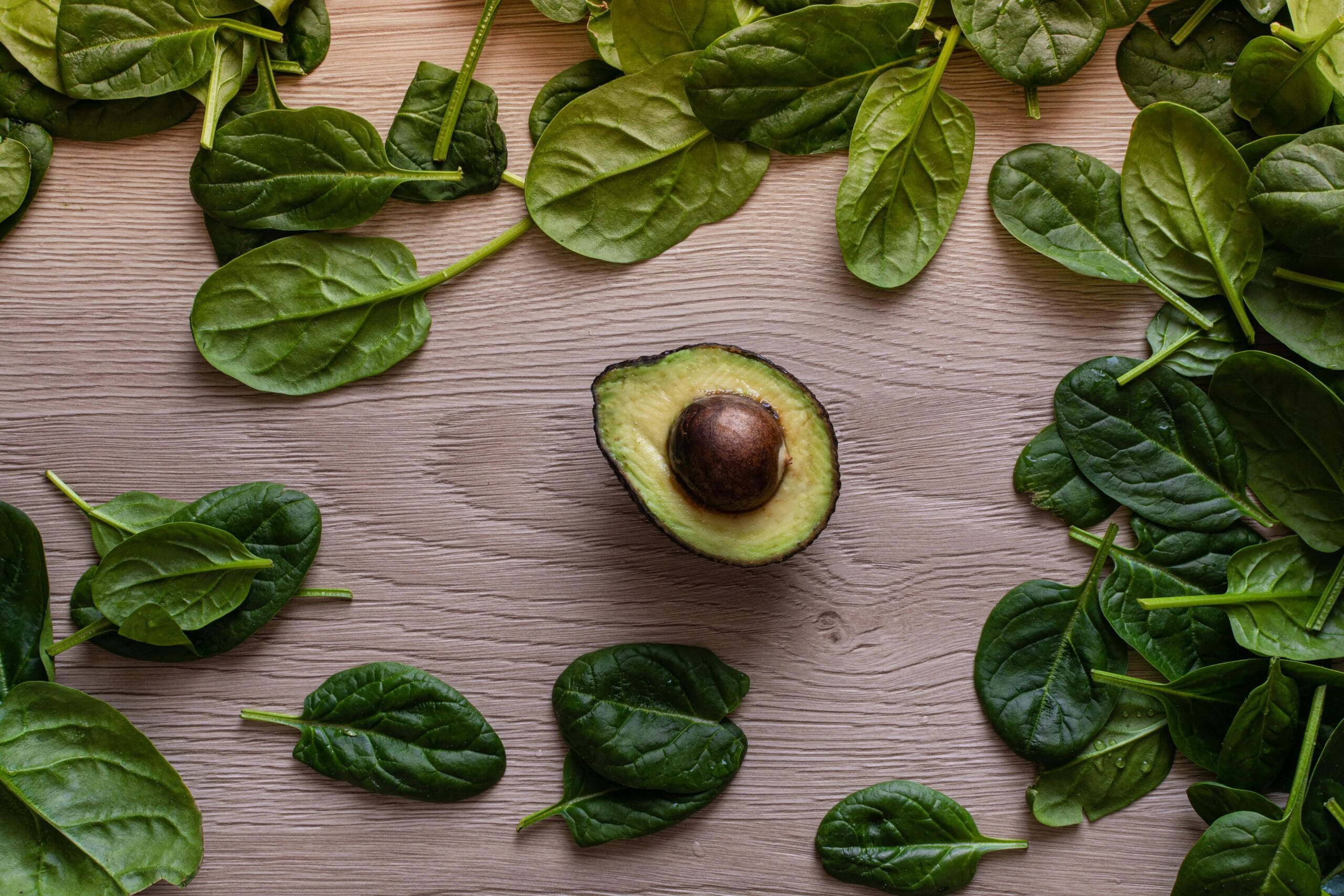Avocado or Persea americana leaves, often overshadowed by the popularity of the fruit they accompany, are a hidden gem of the avocado tree, offering a wide array of benefits that extend beyond the plate.
These leaves have long been utilized in traditional medicine across various cultures, valued for their natural healing properties and therapeutic potential.
The benefits of avocado leaves also extend to the culinary world, where they enhance dishes with their unique taste and aroma. Additionally, they play a role in promoting environmental sustainability, serving as a natural resource for eco-friendly practices.
History of Avocado Leaves
The use of avocado leaves dates back to ancient civilizations in Central and South America, where the avocado tree originated.
Indigenous peoples utilized the leaves for medicinal purposes and in culinary practices. They brewed teas to treat a variety of ailments, including colds, diarrhea, and high blood pressure. The leaves were also used in rituals and as natural remedies for promoting general well-being.
Over time, as the avocado fruit gained popularity worldwide, so did knowledge of the tree’s other beneficial components, including its leaves. During the colonial period, explorers and settlers introduced the avocado tree to Africa, Asia, and Europe, spreading its traditional uses.
These practices evolved and integrated into local cultures, blending with native customs and giving rise to diverse applications of avocado leaves globally.
Botanical Characteristics of Avocado leaves
Avocado leaves are oblong, shiny, and dark green with a slightly bitter taste and a strong, aromatic scent when crushed.
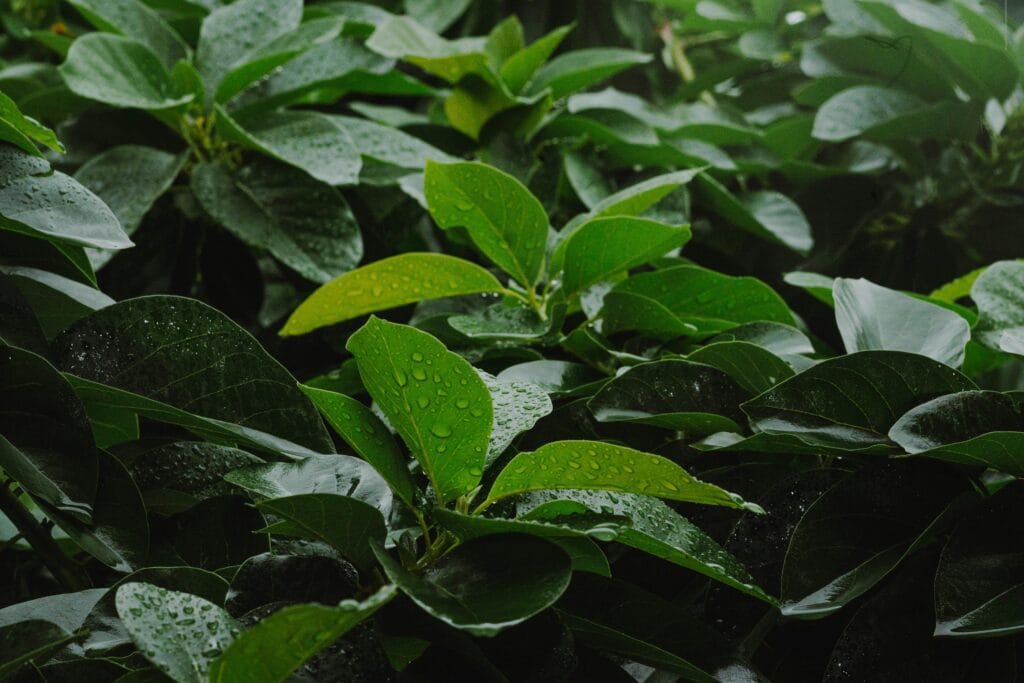
They contain several active compounds, such as flavonoids, phenols, and tannins, which contribute to their health-promoting properties.
Environmental Benefits
Avocado trees, including their leaves, play a significant role in the environment. They improve air quality by absorbing carbon dioxide, provide habitat for wildlife, and enhance soil health through their natural leaf litter decomposition.
Uses and Benefits of Avocado leaves
In this section, we’ll explore the diverse uses and benefits of Avocado leaves:
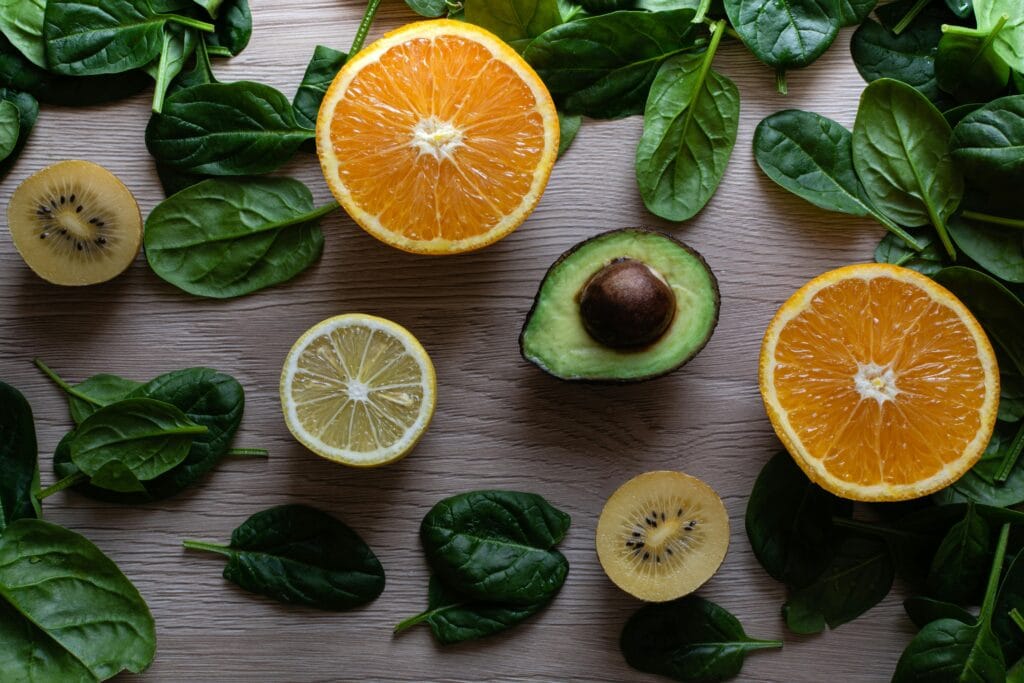
- Blood Sugar Regulation: Some studies suggest that avocado leaves may help regulate blood sugar levels. The compounds found in the leaves could assist in managing conditions like diabetes by improving insulin sensitivity.
- Pain Relief: Avocado leaves have been used in traditional medicine to relieve various types of pain, including headaches and muscle pain. The anti-inflammatory properties of the leaves may provide relief when consumed as a tea or applied topically.
- Liver Health: Avocado leaves are believed to support liver function by detoxifying the body. They may help in the reduction of liver-related conditions, acting as a natural remedy for liver inflammation or fatty liver disease.
- Skin Health: The antioxidants and anti-inflammatory properties in avocado leaves make them beneficial for skin health. Extracts from the leaves can be used in skincare products to reduce acne, eczema, and irritation, promoting healthier, clearer skin.
- Weight Loss Aid: Avocado leaves are sometimes used in traditional weight loss teas. Their diuretic properties can help eliminate excess water weight from the body, while also improving digestion and reducing bloating.
- Anti-Bacterial and Anti-Fungal Properties: The compounds in avocado leaves, such as flavonoids and tannins, are known to possess anti-bacterial and anti-fungal properties. They can help fight off infections and support overall immune health.
- Hair Care: Avocado leaf extract is sometimes used in hair care products due to its ability to nourish and strengthen hair. It can help prevent hair loss, promote growth, and maintain a healthy scalp.
Economic Significance of Avocado leaves
The rising interest in natural and alternative remedies has led to an increased demand for avocado leaves.
They are now being sold in dried or powdered form in global markets, contributing to the economic value of avocado farming.
Conservation and Challenges
With the growing demand for avocado trees, sustainable farming practices are crucial to prevent deforestation and overharvesting.
Protecting natural habitats and promoting agroforestry can help maintain a balance between supply and ecological health.
Interesting Facts about Avocado leaves
In this section, we’ll explore the remarkable facts about Avocado leaves:
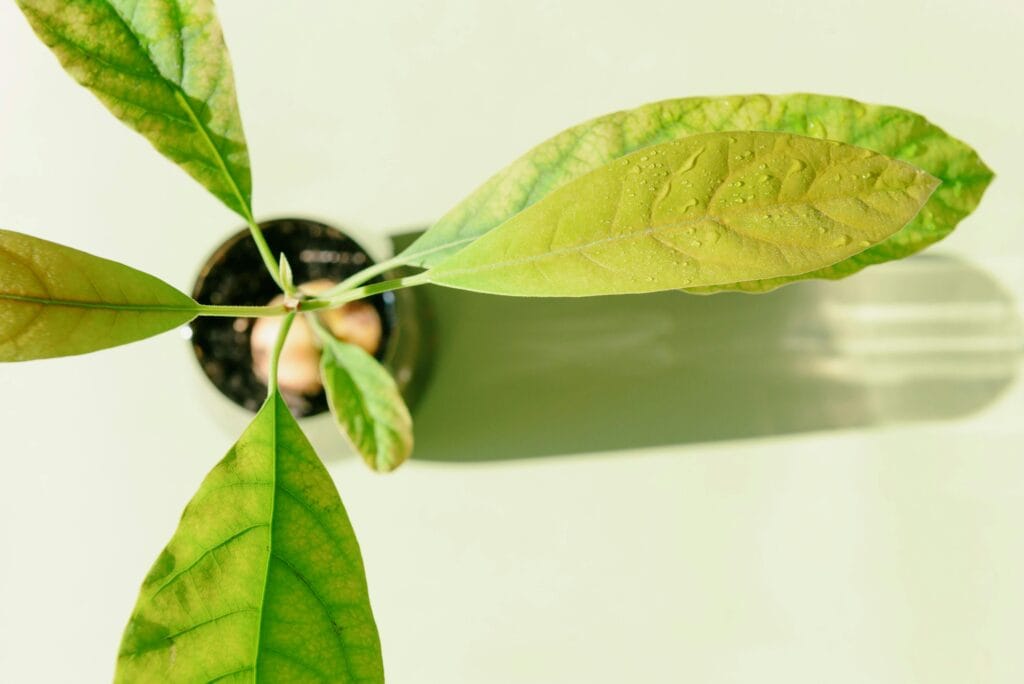
High in Antioxidants
Avocado leaves are rich in antioxidants, including flavonoids, polyphenols, and carotenoids, which help neutralize free radicals in the body, potentially reducing the risk of chronic diseases and aging effects.
Natural Pest Control
The compounds in avocado leaves, particularly the oils and tannins, are known to act as natural insect repellents. In some cultures, avocado leaves are placed around crops to deter pests without the need for harmful chemicals.
Traditional Use in Spiritual Practices
In many Central American cultures, avocado leaves have been used in spiritual rituals and ceremonies. They are believed to offer protection and good fortune and are sometimes used in offerings or as part of cleansing rituals.
Avocado Leaf Tea
In addition to being consumed as a remedy for various ailments, avocado leaf tea is also popular as a soothing beverage in several cultures. The tea is said to promote relaxation and provide a calming effect, making it a perfect option for reducing stress.
Sustainable Resource
As avocado farming becomes more popular, leaves are being recognized as a sustainable resource for various products. They are often used in organic farming as mulch to improve soil quality and retain moisture.
Potential Anti-Cancer Properties
Some early research has suggested that certain compounds in avocado leaves, such as flavonoids, may have cancer-fighting properties. While more studies are needed, this has led to growing interest in the potential role of avocado leaves in cancer prevention and treatment.
Cultural Symbolism
In some cultures, the avocado tree itself is considered a symbol of fertility and abundance. The leaves, as part of the tree, carry this symbolism and are often associated with prosperity, growth, and renewal.
Culinary Uses of Avocado leaves
Here’s a list of culinary uses for avocado leaves:
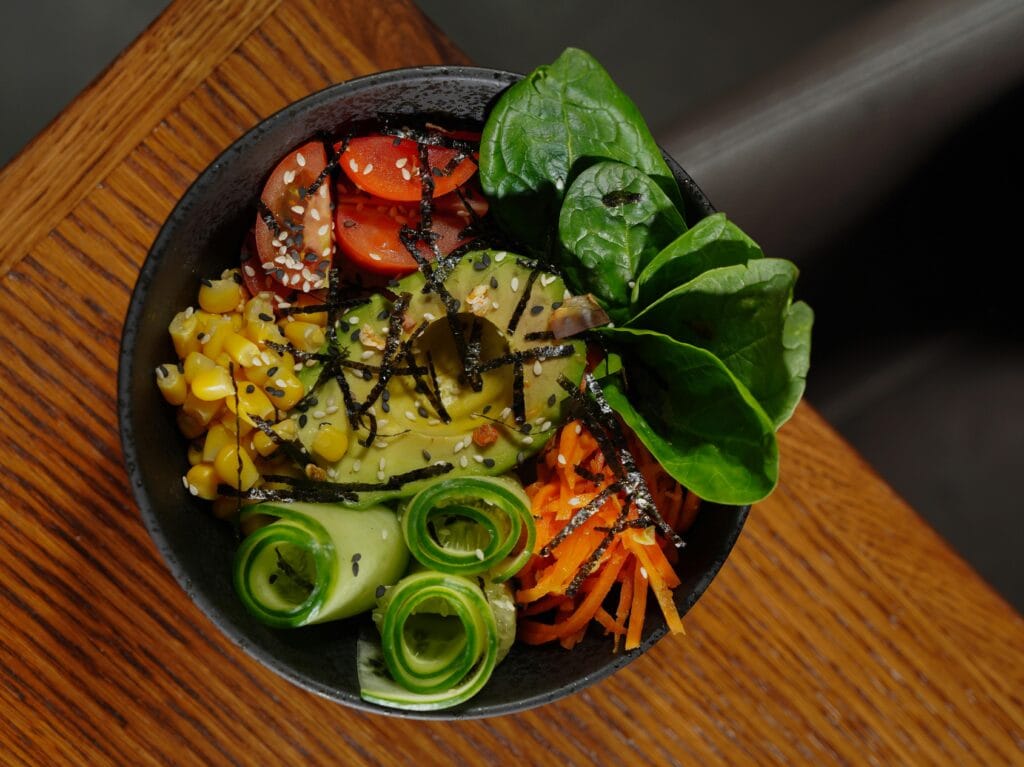
- Flavoring Stews and Soups: Avocado leaves are commonly used to add depth and complexity to stews and soups. Their earthy, aromatic flavor enhances the overall taste of the dish.
- Wrapping Meat for Cooking: In several cultures, avocado leaves are used to wrap meats such as fish, chicken, or pork. The leaves infuse the meat with a unique flavor while helping to retain moisture during cooking.
- Toasting for Aroma: Avocado leaves are often toasted over a flame or in a dry pan to release their aromatic oils. This step brings out a smoky, nutty flavor that can be added to various dishes.
- Flavoring Tamales: In Mexican cuisine, avocado leaves are used to flavor tamales, imparting a subtle yet distinctive taste to the masa and filling.
- Mole Sauce: Avocado leaves are sometimes included in the preparation of mole, a rich and complex sauce. The leaves contribute to the depth of flavor in this iconic Mexican dish.
- Infused Beverages: Avocado leaves are used to make tea or infused water. The leaves are steeped to create a mildly bitter, aromatic drink that can be enjoyed hot or cold.
- Cooking Rice or Beans: The leaves are added to rice or beans while cooking to enhance the flavor with their aromatic oils. This is a common practice in Central American cuisine.
- Salsas and Marinades: Crushed avocado leaves can be used to flavor salsas or marinades, adding a unique, earthy note to fresh dishes.
Nutritional Benefits
Avocado leaves are packed with nutrients, including calcium, magnesium, potassium, and vitamins A and C. These elements contribute to their role in supporting bone health, boosting immunity, and improving overall wellness.
Traditional Dishes
In Mexican cuisine, avocado leaves are commonly used to flavor dishes such as tamales, mole, and soups. They are also used to wrap fish or meat, infusing the food with their unique aroma.
Caution
While avocado leaves offer many benefits, they should be consumed in moderation. Some varieties contain persin, a compound that can be toxic in high doses. It is essential to ensure the leaves are from safe, edible varieties before use.
Conclusion
Avocado or Persea americana leaves are a versatile and valuable part of the avocado tree, offering a wide range of benefits for health, the environment, and the economy. Rich in antioxidants, essential nutrients, and medicinal properties, they have been utilized for centuries in various cultural practices and traditional remedies.
Whether brewed into tea, used as a natural insect repellent, or incorporated into culinary dishes, avocado leaves serve as a testament to the many underappreciated parts of the avocado tree.
In addition to their medicinal and nutritional uses, avocado leaves play a crucial role in promoting environmental sustainability. Their contribution to air quality, soil health, and wildlife habitats highlights their importance in maintaining ecological balance.
As demand for avocado farming continues to rise, it is essential to adopt sustainable practices that protect the integrity of these ecosystems and ensure the long-term availability of avocado leaves.
The growing interest in natural health remedies and organic farming presents an opportunity for avocado leaves to become even more prominent in the global market.
By embracing these leaves as both a health resource and a sustainable agricultural product, we can ensure that their remarkable advantages are passed down to future generations. With proper care, education, and conservation efforts, avocado leaves can continue to thrive and offer their numerous benefits for years to come.
Also Read: Benefits of Katuray (Sesbania grandiflora): A Wonder Plant
Well, what do you think about the article?
Did you enjoy reading “Benefits Of Avocado Leaves: A Natural Solution For Everyday Life“?
We really hope that you have found this article informative and engaging. If you have any thoughts or comments about this post, please feel free to share them in the comment section below. We appreciate your feedback and would be glad to hear from you.
To see more content like this check the gardening section of Money For My Beer.

